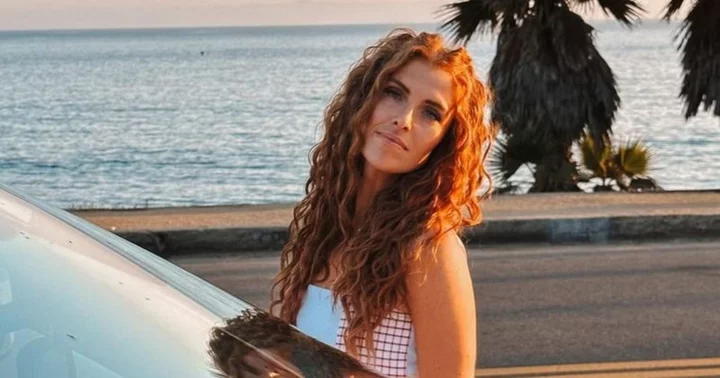MIAMI, FLORIDA: The tragic death of Lolita, the cherished captive orca at the Miami Seaquarium, has sparked a wave of concern and debate regarding her treatment and the ambitious plans for her release back into the wild.
The 57-year-old orca, known also as Tokitae or Toki, breathed her last breath on August 18, prompting former veterinarians and trainers to voice their reservations about the care she received and the circumstances of her demise.
Lolita's story is one that spans decades and has captivated the hearts of many.
Having been captured at just 4 years old from the Pacific coast near Seattle, she spent over five decades as the star attraction at the Miami Seaquarium, delighting audiences with her awe-inspiring performances.
However, recent events have cast a shadow over her legacy, with claims from insiders that her well-being may not have been properly prioritized.
Did Lolita die from neglect?
Former caregivers have stepped forward to voice their concerns about Lolita's treatment.
Dr Jenna Wallace, a former vet at the Miami Seaquarium, expressed her long-standing worries. "We’ve been saying for a long time they’re going to kill her at Seaquarium," she told the Miami Herald.
"We’ve been fighting so hard to get her the best treatment and get her out of there, but nobody listened. It shouldn’t have ended like this. She deserved better."
The Miami Seaquarium, situated in the picturesque Biscayne Bay, has refuted these claims, maintaining that Lolita received an appropriate diet and care regimen.
“Toki’s diet had been rich in nutrients and appropriate for her appetite and the amount of exercise she was engaged in since she retired from daily educational programs,” its owners said in a statement to the Herald.
“This is reported by independent health and welfare assessments by the world’s foremost experts in marine mammal care, highly esteemed veterinarians respected throughout the global animal welfare community.”
Controversy surrounding Lolita's care
The controversy surrounding Lolita's care gained momentum as plans for her release were unveiled.
In March of this year, the Seaquarium announced its intention to return Lolita to her native Pacific waters, a decision influenced by mounting pressure from animal rights groups advocating for her freedom.
These groups argued that after more than five decades of captivity, Lolita should be given the chance to spend her final days swimming freely in her natural habitat.
Despite these plans, Lolita remained in her enclosure, leading to speculation about the actual timeline of her release.
The Dolphin Company, which owns the Miami Seaquarium, disclosed that the orca was slated for relocation sometime between October 2024 and April 2025.
This delay drew criticism from animal rights advocates who believed that the orca's golden years should be spent in the wild rather than in captivity.
Eduardo Albor, CEO of the Dolphin Company, expressed his deep sorrow over Lolita's death, describing his bond with the orca as "love at first sight."
He mourned the loss of a creature that was poised to return to her oceanic home after a lifetime of captivity.
Lolita's final days
Lolita's final days were marked by what the Miami Seaquarium termed "serious signs of discomfort." Despite receiving medical attention, she succumbed to what appeared to be a renal condition.
The 700-pound, 57-year-old whale lived in a 20-foot deep, 35-foot wide, 80-foot long tank, alongside a dolphin companion named Li’i, and continued to reside in this enclosure after her retirement in 2022.
This arrangement, despite the dimensions of the tank and the presence of a companion, fueled discussions about the adequacy of her living conditions in captivity.
Dr Tom Reidarson, her attending veterinarian, lamented her loss and called for a measured assessment of the situation.
“I think it’s best to see what the evidence from the necropsy tells us,” he told the Herald.
“I believe in the truth, not unfair accusations. I am deeply saddened by the loss of Toki. I knew her well and we gave her the highest standard of care. Now is not the time to throw stones.”









